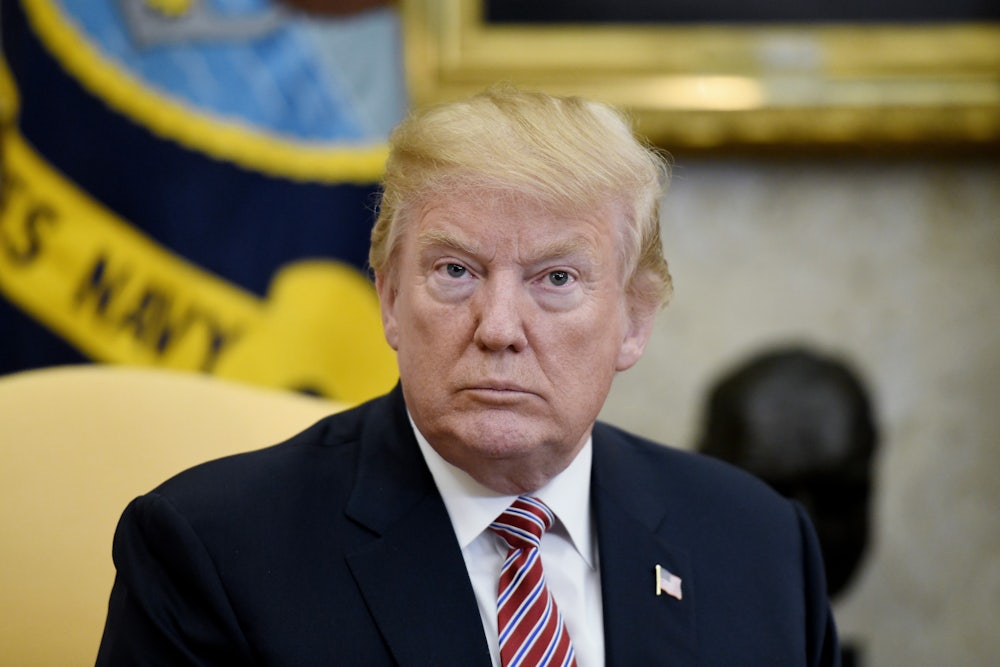Over the course of 2017, the Trump administration repeatedly claimed that it was “Infrastructure Week,” the week in which the administration would finally unveil its long-promised infrastructure plan. But Infrastructure Week, it turned out, was really just a state of mind, or at least had little or nothing to do with infrastructure at all. While the administration would occasionally release a cocktail-napkin plan, most infrastructure weeks were notable for the non-bridge-and-road-related drama that accompanied them. In early June, when the administration released its sketched out plan, for instance, Trump instead spent most of the week feuding with James Comey:
James Comey better hope that there are no "tapes" of our conversations before he starts leaking to the press!
— Donald J. Trump (@realDonaldTrump) May 12, 2017
These diversions turned Infrastructure Week into a giant joke. However, on Monday the White House finally unveiled its $1.5 trillion infrastructure plan, which promises to rebuild America’s deteriorating infrastructure and “address unmet rural infrastructure needs, empower State and local authorities, and train the American workforce of the future.”
There are roadblocks ahead. Some Republicans are grumbling about the cost of the budget deal they passed last week, suggesting that a large spending bill may meet resistance, particularly among House conservatives. That would require votes from Democrats. But this plan, which relies heavily on public-private partnerships, has little in it that most Democrats would support without drastic changes. Among those changes is the amount of federal money involved. Right now, the plan places the funding burden primarily on the states, rather than the federal government.
The Trump administration may have finally unveiled its infrastructure proposal, but it’s no closer to passing a comprehensive plan than it was the last time it was Infrastructure Week.
